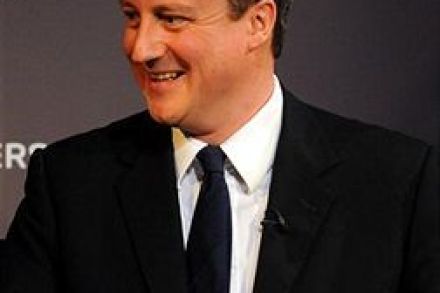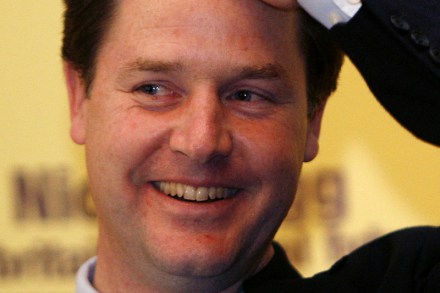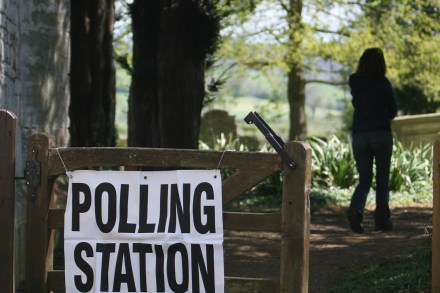ECR’s record so far
The decision by David Cameron to pull the Tories out of the EPP and form the ECR was a victory of principle and party politics over pragmatism. While many Tory grassroots howled with joy, it is worth examining the practical consequences on Tory influence in the European Parliament – not to reverse the decision, but validate or disprove the oft-made charge that the decision has made the Tories impotent. Let us eschew any discussion about the views of key members of the ECR on Jews; let us also not dwell on whether the Tories have cut themselves off from other centre-right leaders. The first point is a matter of



















